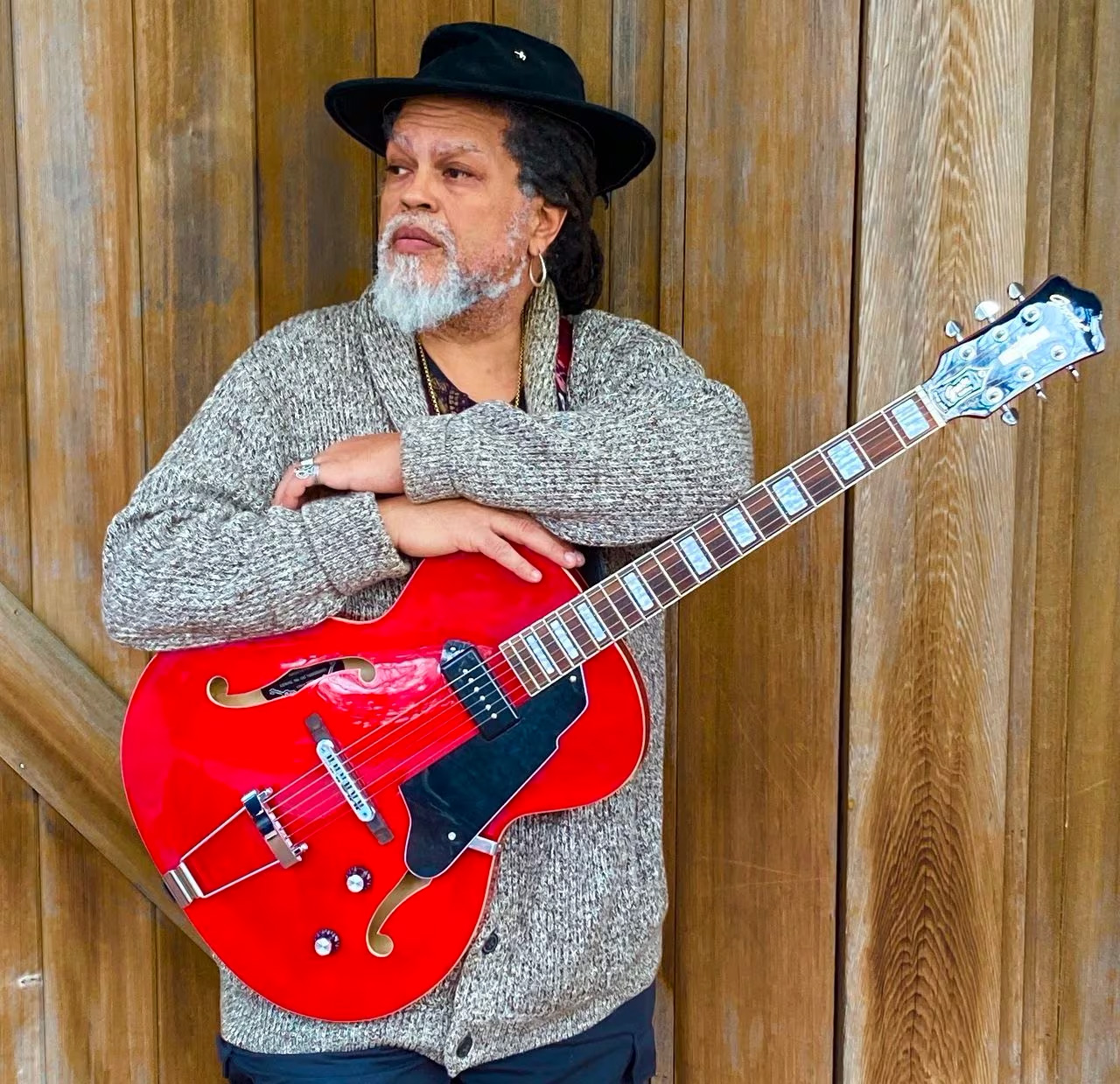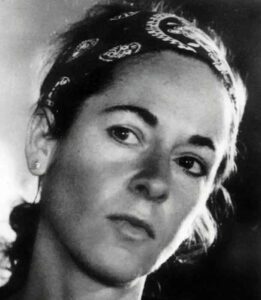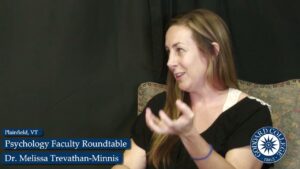
“I think we often think of freedom as a destination. Freedom as a noun, freedom as a settled place, freedom as being settled. And this image to me is very much in line with, I think what my understanding of freedom is. That it is constantly in motion. It’s constantly shifting. There is really no place, no time in this country’s history that Black people have been allowed to be settled, to be free, to be unencumbered, and yet we still keep moving and we keep searching and pushing and trying to make freedom happen.”
— Leigh Raiford (excerpt from “How Do We Photograph Freedom?”)
In this current political moment, the demand that we treat one another with dignity and respect has risen to the top of the collective U.S. agenda. Right now is a time of powerful protest and sharp changes in the national (and international) landscape. (First, the pandemic and lockdowns, then the uprisings against police brutality.)
The ongoing U.S. tragedies against the bodies and souls of its own African American citizens causes us, as writers, to constantly question how we can best put our energies to productive use on behalf of our collective national community. These recurring and longstanding conversations about how to transform urgency into power to maximize the impact of our words began with our literary ancestors and continue in our work today.
To quote one more recent literary ancestor, Toni Cade Bambara, “The job of the writer is to make revolution irresistible.” Protests against bias, prejudice, and injustice are urgent. What we continue to discover daily is that there are many ways to become part of the push against injustice and the push for dignity and respect. As one of our MFA students said to a group of us last week, (referencing the I-Ching), “Sometimes bending doesn’t work. Sometimes you have to bite through.”
Writing gives us the power to bite through.
Writing gives us the power to be a part of a movement that invokes/evokes positive change.
As the Director of the Goddard MFA in Creative Writing, I encourage the readers of this blog (who I’m guessing are mostly writers) to think about what you stand for, what is urgent to you, and what you need to say. Do what you can to put your writing to positive use in the service of a society that expresses its concern and care; to offer your written (and/or spoken) words of support for grassroots activist organizations; and to stand in solidarity with and in active support of our most vulnerable citizens.
And to those of you who don’t know what to say, you are not alone. So many creative writing students have reached out to ask for writing advice during a pandemic, during a time of massive national (and international) protests against police brutality, as well as being part of (to quote another one of our students) “a rebellion of historical consequence.” This moment seems so overwhelming, but you are – you can be – a part of it. You are not small, on the sidelines, unless you choose to be.
And about that advice? We are all so different. I don’t have an answer that works for everyone; only one that works for me. I divide my day into sections:
- Writing / Reading
- Meditating on ancestral connections
- Participating in the protest movement
- Paid work
- Spiritual sustenance
- Time to do nothing (if possible)
- Food, sleep.
I look forward to seeing some of you at our upcoming residencies very soon. And for those of you who are friends of Goddard, our cherished alumni, or writers and creators looking to connect and support each other when we are physically so far apart, I’m going to end with an offering by Danez Smith, in this poem, which I have been rereading, from his book Don’t Call Us Dead:
little prayer
let ruin end here
let him find honey
where there was once a slaughter
let him enter the lion’s cage
& find a field of lilacs
let this be the healing
& if not let it be
Elena Georgiou is the author of the short-story collection, The Immigrant’s Refrigerator (GenPop Books, 2018), and the poetry collections Rhapsody of the Naked Immigrants (Harbor Mountain Press) and mercy mercy me (University of Wisconsin), which won a Lambda Literary Award and was a finalist for the Publishing Triangle Award. She is also co-editor (with Michael Lassell) of the poetry anthology, The World In Us (St. Martin’s Press). Georgiou has won an Astraea Emerging Writers Award, a New York Foundation of the Arts Fellowship, and was a fellow at the Virginia Center for the Creative Arts. Her work appears in journals such as BOMB, Cream City Review, Denver Quarterly, Gargoyle, Lumina, MiPoesia, and Spoon River Review. She is an editor at Tarpaulin Sky Press and the Director of the MFA in Creative Writing program at Goddard College. Georgiou is an English-Cypriot originally from London, where she spent the first twenty-seven years of her life. Since then, she has lived in the US — first in New York, now in Vermont. She maintains a website at http://elenageorgiou.com.
Find out more about the advisors in the MFA in Creative Writing Program, who are award-winning professionals actively writing, publishing, and producing new work. Goddard advisors provide detailed editorial feedback, offering support and insight into your writing process, and give you reading suggestions to stoke your creativity. Get more information about our unique low-residency program and the Masters of Fine Arts at Goddard Collage.
This blog was originally posted in Writer in the World on June 22.







